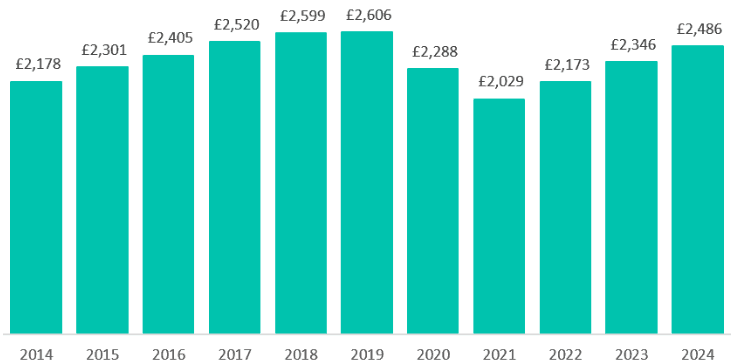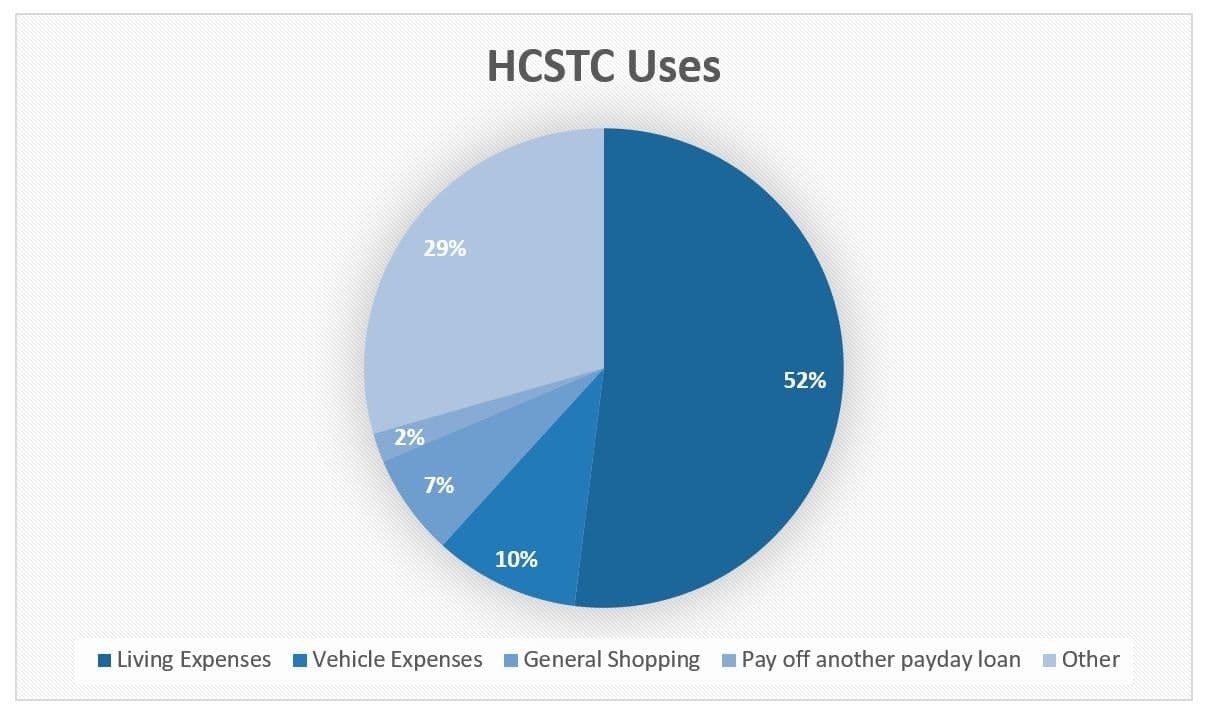The Credit Game: Unlocking Hidden Schemes and Secret Loopholes
Ever wonder how some people travel the world for free using credit card points? Or how others leverage 0% interest deals to invest with the bank’s money? These aren’t accidents—they’re strategies designed to work within the credit system, while the banks hope you slip up and drown in debt. Buckle up—you’re about to see credit in a way you never have before.
Credit is a system that allows people to borrow money to pay for goods and services with the promise of repaying it later. It is widely used in modern economies and plays a significant role in personal finance. However, it comes with many complexities, hidden costs, and schemes that can impact financial stability.

One of the common credit schemes is balance transfer offers. These promotions allow users to move debt from one credit card to another at a low or zero interest rate for a limited time. While this can be beneficial, failing to pay off the balance before the promotional period ends often results in high interest charges. Another example is the buy now, pay later scheme, which splits purchases into smaller payments over time. This can encourage overspending and lead to financial difficulties if not managed properly.

Some financial institutions use rewards programs to attract customers. These programs offer cashback, travel points, or discounts based on spending. While they can provide benefits, they are designed to encourage spending beyond necessary purchases. Many people justify excessive spending by focusing on rewards, which can lead to debt accumulation.
Predatory lending is another financial scheme that affects borrowers with limited options. Payday loans, high-interest installment loans, and subprime credit cards target individuals who may struggle with traditional lending requirements. These products often come with extreme interest rates and fees, trapping borrowers in cycles of debt.

To navigate credit responsibly, understanding the terms and conditions is essential. Reading agreements, knowing repayment timelines, and avoiding unnecessary debt can prevent financial problems. Budgeting and tracking expenses help manage credit usage effectively. Seeking financial education and professional advice can also improve financial literacy.


